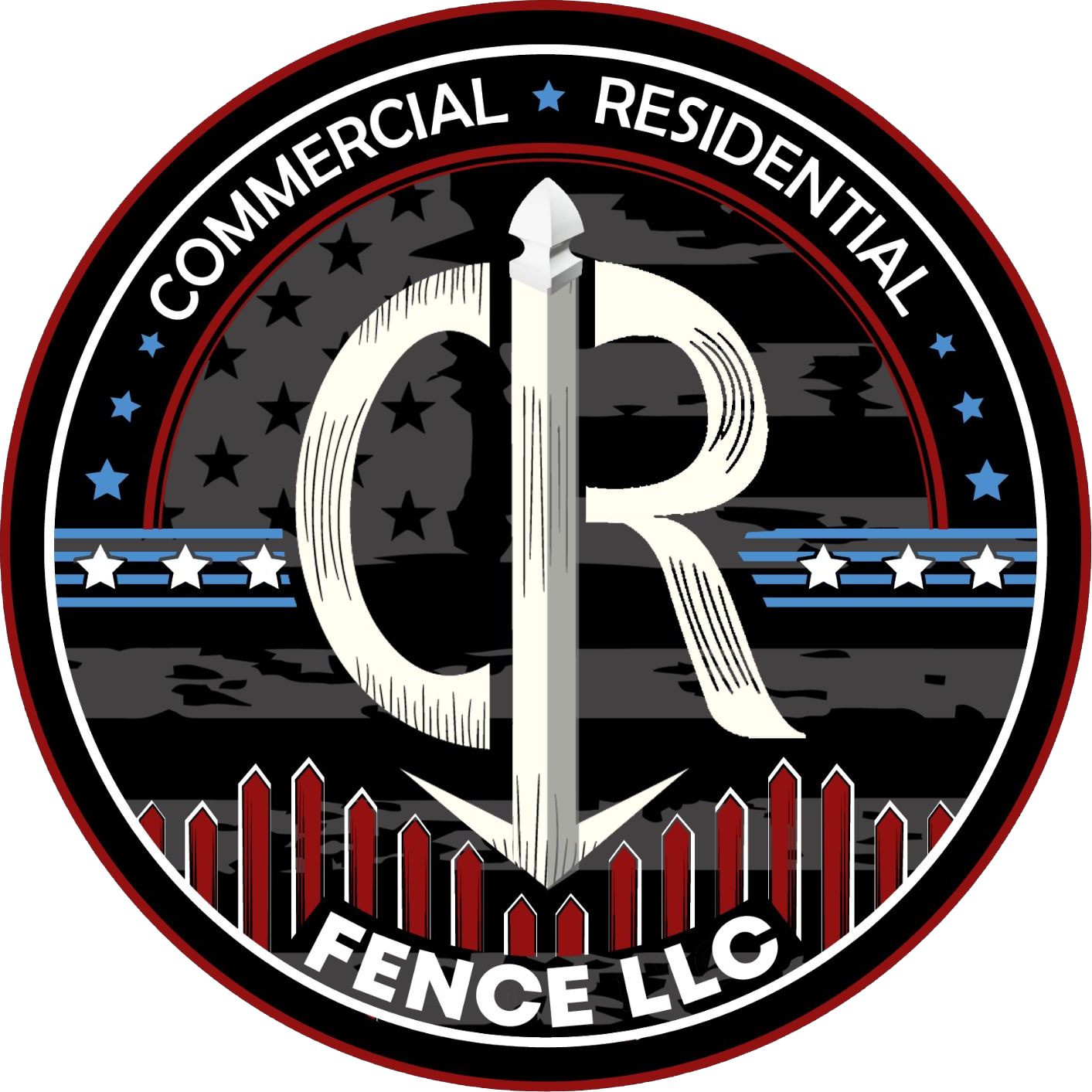Agriculture Fences
Expert Agricultural Fencing Solutions
Agricultural fencing plays a crucial role in managing and protecting farmland, livestock, and crops, serving various purposes such as keeping animals within specific areas, deterring predators, protecting crops from wildlife, and defining property boundaries.
Whether you're seeking to contain livestock, protect crops from wildlife, define property boundaries, or deter predators, CR Fence LLC has the expertise and materials to assist you in achieving your goals. With a focus on durability, functionality, and affordability, our agricultural fences are designed to withstand the rigors of farm life while providing reliable protection for your valuable assets.
Contact us today or fill out our online form to request a callback for a FREE consultation on our fencing sales and services!
Types of Agricultural Fencing
- Wire fencing:
- Barbed Wire: Commonly used for livestock containment, it has sharp barbs at intervals along the strands.
- Woven Wire: Consists of vertical and horizontal wires woven together. It's suitable for various animals and can be customizable based on the size of the mesh.
- Electric fencing: Uses electric shocks to deter animals from crossing the fence. It is effective for both containment and predator deterrence.
- Wooden fencing: Typically used for aesthetic purposes or as a physical barrier for larger animals. It's common in rural and residential settings.
- Vinyl fencing: Low-maintenance and durable. It can mimic the appearance of wood but is resistant to weathering, rot, and pests.
- Pipe fencing: Utilizes pipes or steel rails to create a sturdy and long-lasting fence. It's often used for larger livestock.
- High-tensile fencing: Uses high-tensile wire under tension to create a strong and durable barrier. It's cost-effective and requires less maintenance.
- Mesh fencing: Consists of a grid of interconnected wires. It's suitable for various applications, including livestock and crop protection.
Considerations for Agricultural Fencing
- Purpose: Define the purpose of the fence – whether it's for containing livestock, protecting crops, or deterring wildlife.
- Terrain: Consider the terrain of the land, as it can affect the type of fencing needed. Hilly or uneven terrain may require specific designs.
- Material and cost: Different materials have different costs and maintenance requirements. Choose a material that fits your budget and long-term needs.
- Height and design: The height and design of the fence should be appropriate for its intended purpose and surroundings.
- Legal considerations: Check local regulations and zoning laws regarding fencing, especially if you are near property boundaries.
- Installation and maintenance: Proper installation is crucial for the effectiveness of the fence. Regular maintenance is also necessary to ensure its longevity.
- Gate placement: Plan the placement of gates for easy access and movement of equipment, livestock, or people.
- Wildlife considerations: If wildlife is a concern, consider additional measures such as netting or deterrents.
Properly designed and installed agricultural fencing can significantly contribute to the efficiency and success of a farm by protecting valuable assets and ensuring the safety of livestock and crops.


Share On: